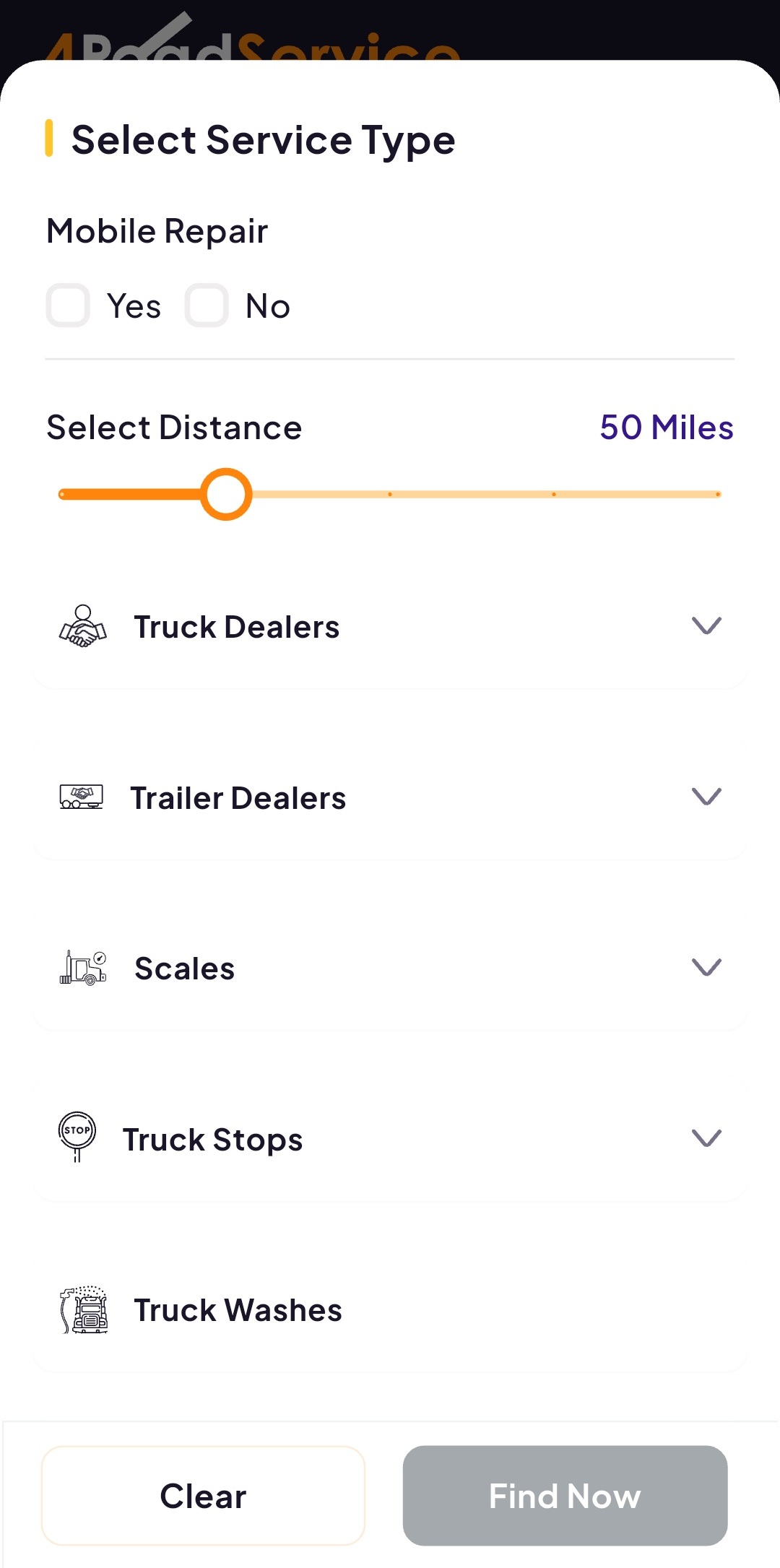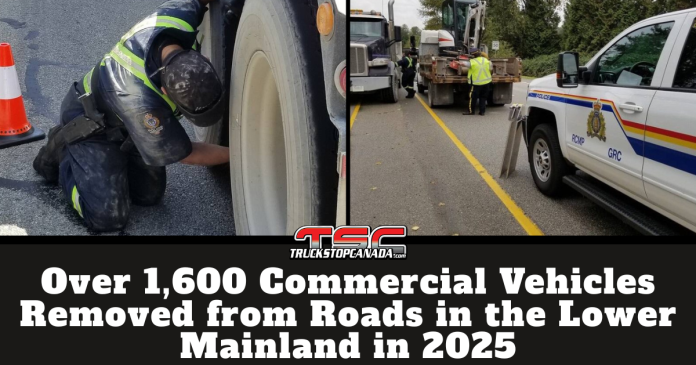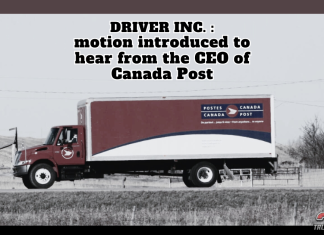According to several international media reports, Canada is currently playing a key role in discussions aimed at bringing the European Union and the Comprehensive and Progressive Agreement for Trans-Pacific Partnership (CPTPP) closer together.
The CPTPP is a trade agreement that brings together several countries, mainly from the Indo-Pacific region.
Under the leadership of Canadian Prime Minister Mark Carney, these discussions are reportedly intended to strengthen trade ties among economies considered “mid-sized” or non-dominant, at a time when trade tensions with the United States remain ongoing.
The talks are said to focus in particular on rules of origin, a mechanism used to determine where a product is made and to facilitate the movement of goods between partner countries. Such an approach would aim to better integrate supply chains between Europe and several Indo-Pacific economies, including Canada, Japan, Australia and Vietnam, without creating a new formal trade agreement in the short term.
According to diplomatic sources cited by the media, Canada has already begun outreach efforts with key partners to assess their openness to greater compatibility between existing trade agreements. Discussions have reportedly taken place with European and Asian representatives to evaluate potential benefits for businesses, particularly in the manufacturing, logistics and industrial sectors.
Still according to these sources, interest in this type of rapprochement is also being driven by economic stakeholders, who see it as a way to reduce certain global supply chain costs and improve trade predictability. However, several observers note that regulatory complexity and region-specific political priorities could slow progress in the near term.
The talks are described as being at a preliminary stage, with no official agreement having been reached so far.
A closer alignment between the European Union and CPTPP countries could help reduce the dependence of several economies on the U.S. market, particularly for certain strategic supply chains. The objective would not be to exclude the United States, but rather to limit the leverage created by tariffs and unilateral trade measures by offering trading partners more options.
This initiative would fit into a broader effort to diversify trade relationships and reduce reliance on a single market, as U.S. tariff policies continue to influence economic and logistics decisions worldwide.
(Members of the Comprehensive and Progressive Agreement for Trans-Pacific Partnership include Canada, Japan, Australia, New Zealand, Mexico, Chile, Peru, Malaysia, Singapore, Vietnam, Brunei and the United Kingdom. The United Kingdom has recently joined the CPTPP, although its accession with Canada remains subject to Canadian ratification.)



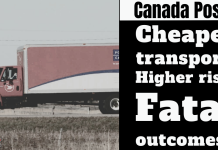



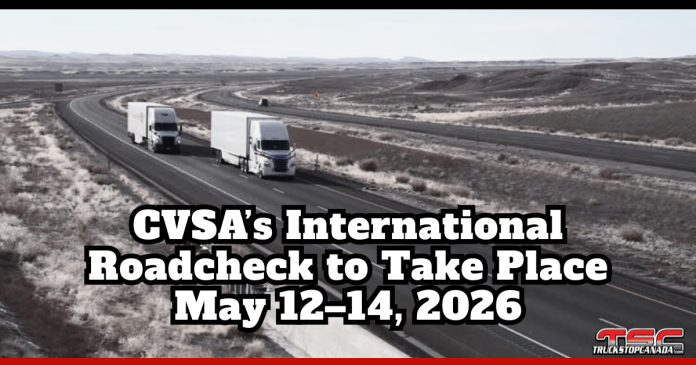
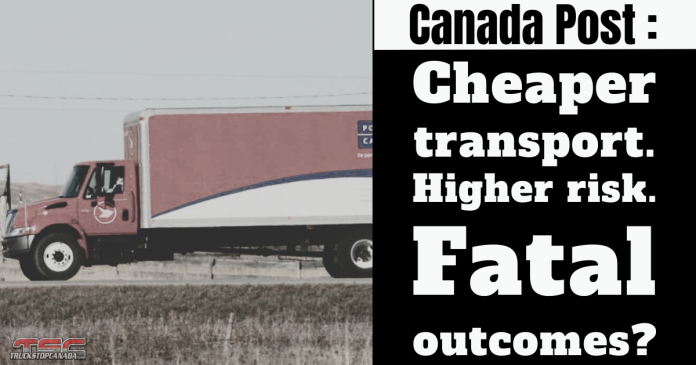
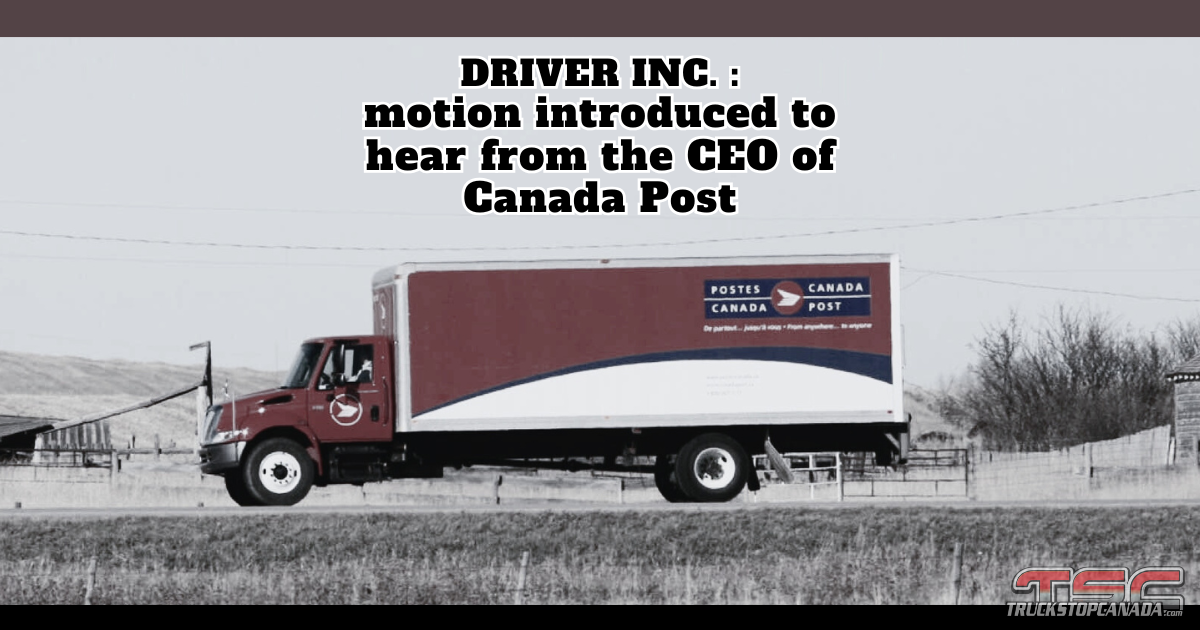

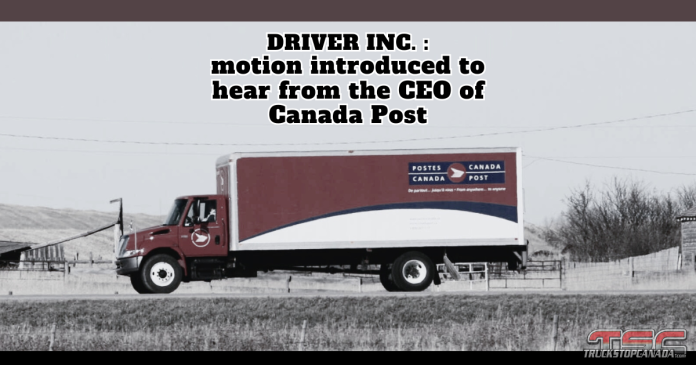



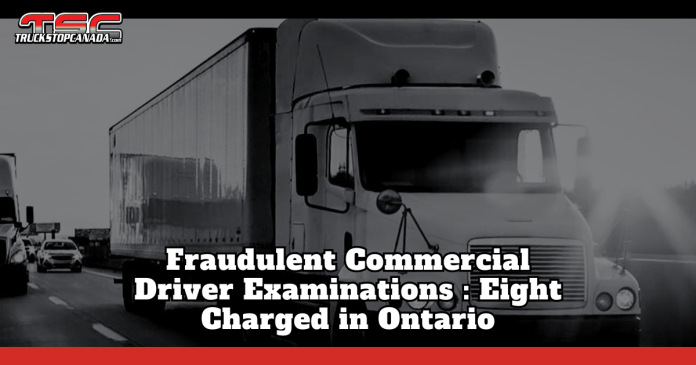


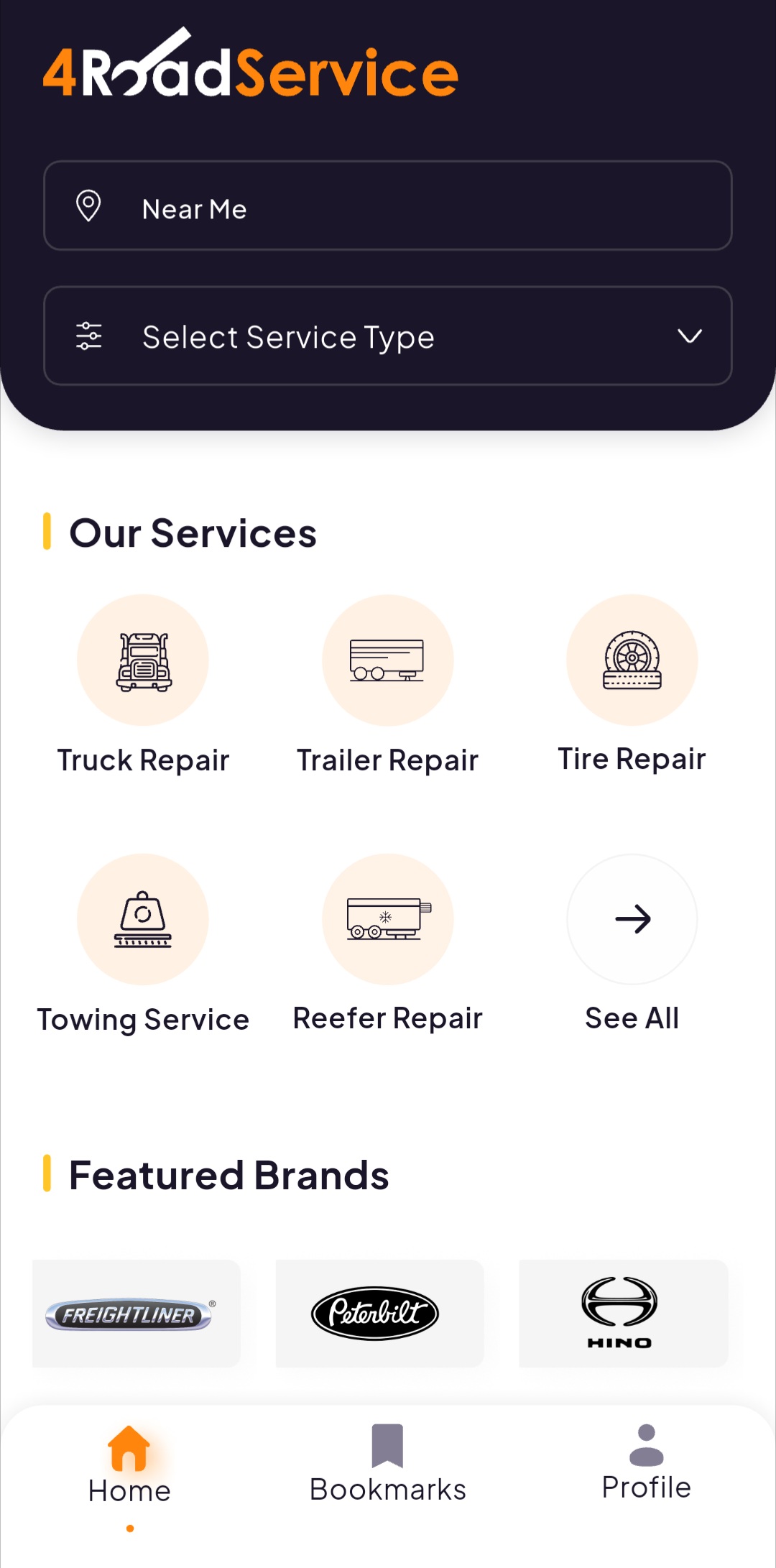 Are you familiar with the 4RoadService app? If not, it is a tool well worth knowing in the trucking industry.
Are you familiar with the 4RoadService app? If not, it is a tool well worth knowing in the trucking industry.